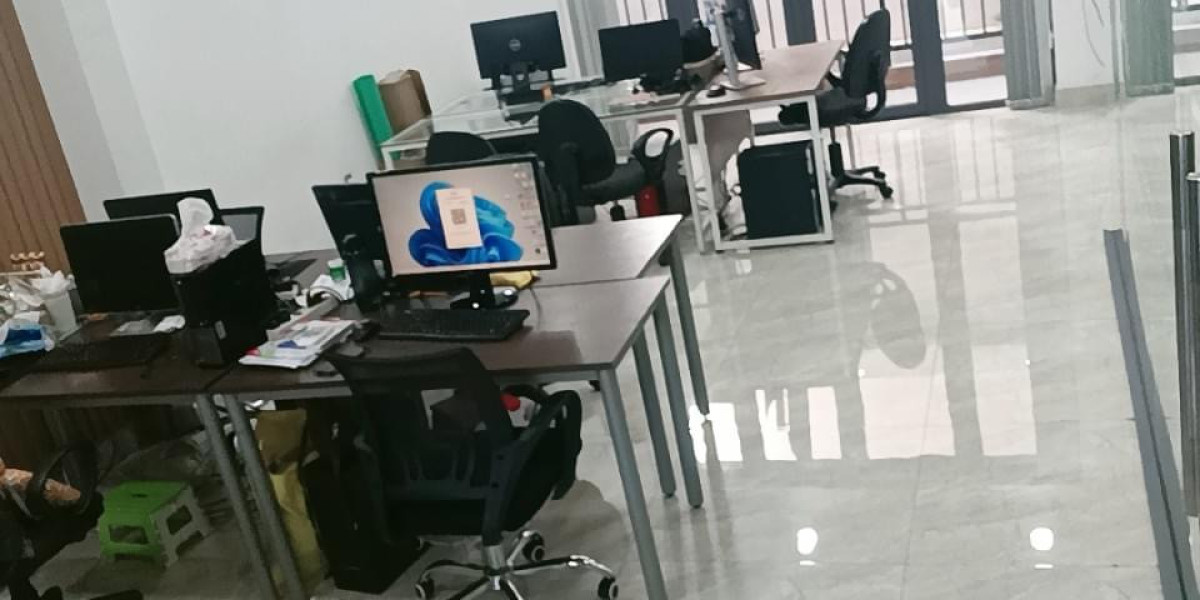CNC (Computer Numerical Control) machining service plays a crucial role in modern manufacturing and industrial production. This process involves the use of computer-controlled machines to produce highly precise and complex parts and components from various materials. CNC machining is widely used in industries such as aerospace, automotive, medical devices, electronics, and defense.
In this guide, we will explore everything about cnc machining service including the process, types, benefits, applications, materials, industries served, and key considerations when choosing a CNC machining service provider.
What is CNC Machining?
CNC machining is a subtractive manufacturing process where pre-programmed computer software dictates the movement of factory tools and machinery. It can control a range of complex machines, from grinders and lathes to mills and routers.
CNC machining is used to produce complex shapes and precision parts that would be difficult or impossible to manufacture manually.
Types of CNC Machining Services
There are several types of CNC machining services, each suitable for different manufacturing needs:
1. CNC Milling
CNC milling uses rotary cutting tools to remove material from a workpiece. It is ideal for producing flat surfaces, slots, holes, and complex 3D contours.
2. CNC Turning
In CNC turning, the workpiece rotates while a cutting tool removes material to create cylindrical parts like shafts and pins.
3. CNC Drilling
CNC drilling services involve creating precise holes in a workpiece. It is commonly used in the production of metal and plastic parts.
4. CNC Grinding
This process uses an abrasive wheel to achieve high precision surface finishes and tight tolerances.
5. CNC Routing
Typically used with softer materials like wood, plastic, and foam, CNC routing is popular for signage, furniture, and architectural components.
6. Electrical Discharge Machining (EDM)
EDM uses electrical sparks to erode material from the workpiece, ideal for hard materials and complex geometries.
Materials Used in CNC Machining Service
CNC machining supports a wide variety of materials depending on the project requirements:
Metals: Aluminum, Steel, Stainless Steel, Brass, Copper, Titanium
Plastics: ABS, Polycarbonate, Nylon, PEEK, PTFE
Composites: Carbon Fiber, G10, FR4
Others: Wood, Foam, Ceramics (limited)
Each material requires specific tooling, speed, and feed parameters to ensure high-quality results.
Advantages of CNC Machining Services
CNC machining offers numerous benefits compared to traditional manufacturing methods:
1. Precision and Accuracy
CNC machines can achieve tolerances as tight as ±0.001 inches, making them ideal for intricate designs.
2. High Efficiency
With automated controls, CNC machines can produce parts quickly, reducing lead times.
3. Consistency and Repeatability
Every part manufactured through CNC machining will be consistent in quality and dimension.
4. Flexibility in Design
CNC machining allows for the production of complex and detailed geometries.
5. Cost-Effective for Small to Medium Production Runs
Unlike injection molding, CNC machining does not require expensive molds, making it ideal for prototyping and small batch production.
Applications of CNC Machining Service
CNC machining services are used across multiple industries, including:
1. Aerospace Industry
Production of turbine blades, structural components, and aircraft parts.
2. Automotive Industry
Manufacture of engine parts, custom components, and performance parts.
3. Medical Sector
Creation of surgical instruments, orthopedic implants, and diagnostic equipment parts.
4. Electronics Industry
Production of heat sinks, housings, and connectors.
5. Defense and Military
Manufacture of precision weapon components and surveillance equipment.
6. Industrial Machinery
Fabrication of custom machine parts, tooling, and fixtures.
CNC Machining Process Overview
The CNC machining process generally follows these steps:
1. Designing the CAD Model
The part design is created using Computer-Aided Design (CAD) software.
2. Converting CAD to CNC Program (CAM)
The CAD model is translated into a CNC program using Computer-Aided Manufacturing (CAM) software.
3. Machine Setup
Setting up the CNC machine with appropriate tools and securing the workpiece.
4. Machining the Part
The CNC machine executes the programmed instructions to cut and shape the material.
5. Inspection and Quality Control
The final part is measured and inspected to ensure it meets all specifications.
Quality Assurance in CNC Machining
Ensuring quality in CNC machining is critical, especially for industries like aerospace and medical devices. Quality control processes typically include:
Dimensional Inspection using CMM (Coordinate Measuring Machines)
Surface Roughness Testing
Material Certification
Non-destructive Testing (if required)
First Article Inspection Reports (FAIR)
Factors to Consider When Choosing a CNC Machining Service Provider
Selecting the right CNC machining partner can affect your project timeline, cost, and product quality. Consider the following:
1. Experience and Expertise
Look for companies with extensive experience in CNC machining for your specific industry.
2. Equipment Capability
Ensure they have the latest CNC machines and technologies.
3. Material Expertise
Choose a provider experienced in machining the materials you require.
4. Quality Certifications
ISO 9001, AS9100, or other relevant certifications indicate a commitment to quality.
5. Turnaround Time
Select a provider who can meet your production schedule.
6. Customer Support
Reliable communication and after-sales support are essential.
Latest Trends in CNC Machining Services
The CNC machining industry continues to evolve with technological advancements:
5-Axis CNC Machining: Allows for complex part geometries.
Automation and Robotics: Increase production efficiency.
AI and IoT Integration: Enhances machine monitoring and predictive maintenance.
Sustainable Machining: Focus on reducing material waste and energy consumption.
Conclusion
CNC machining service has become an indispensable part of modern manufacturing, offering unmatched precision, speed, and versatility. Whether you need a single prototype or high-volume production, CNC machining can deliver high-quality results across a broad range of industries and applications.
Choosing the right CNC machining service provider requires careful consideration of their capabilities, experience, equipment, and quality standards. As manufacturing demands continue to grow, CNC machining will remain at the forefront of industrial innovation and efficiency.






